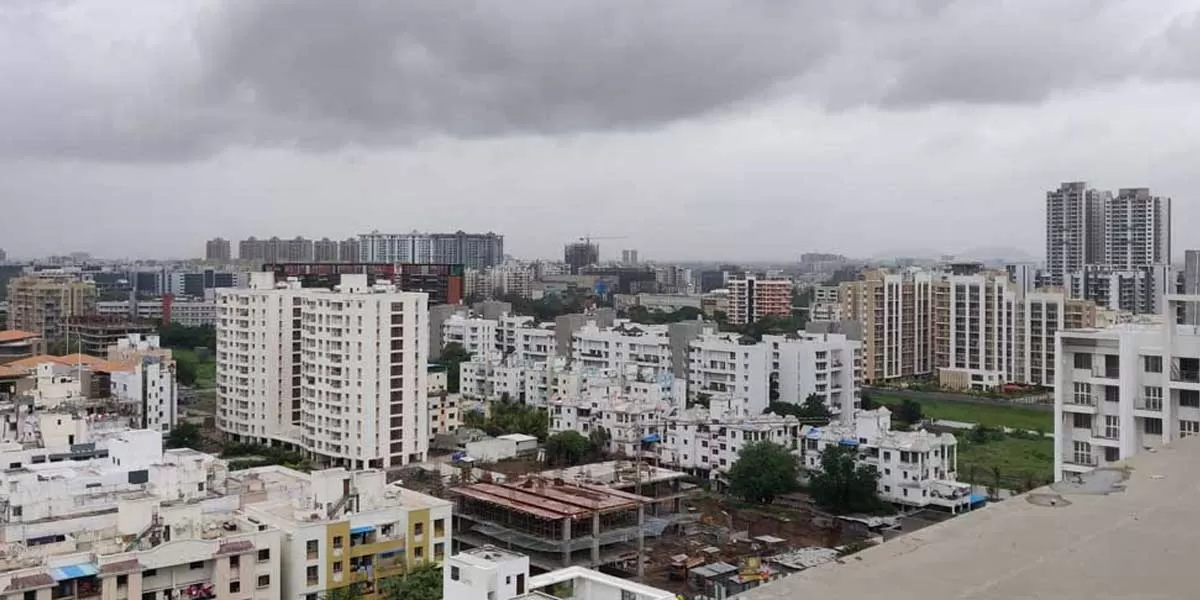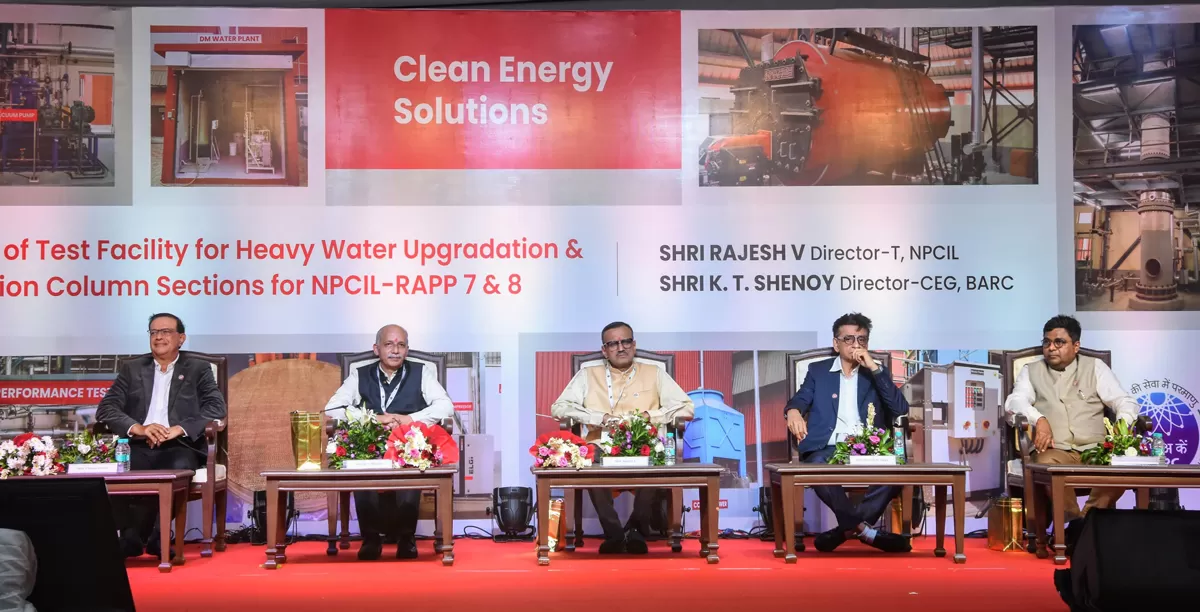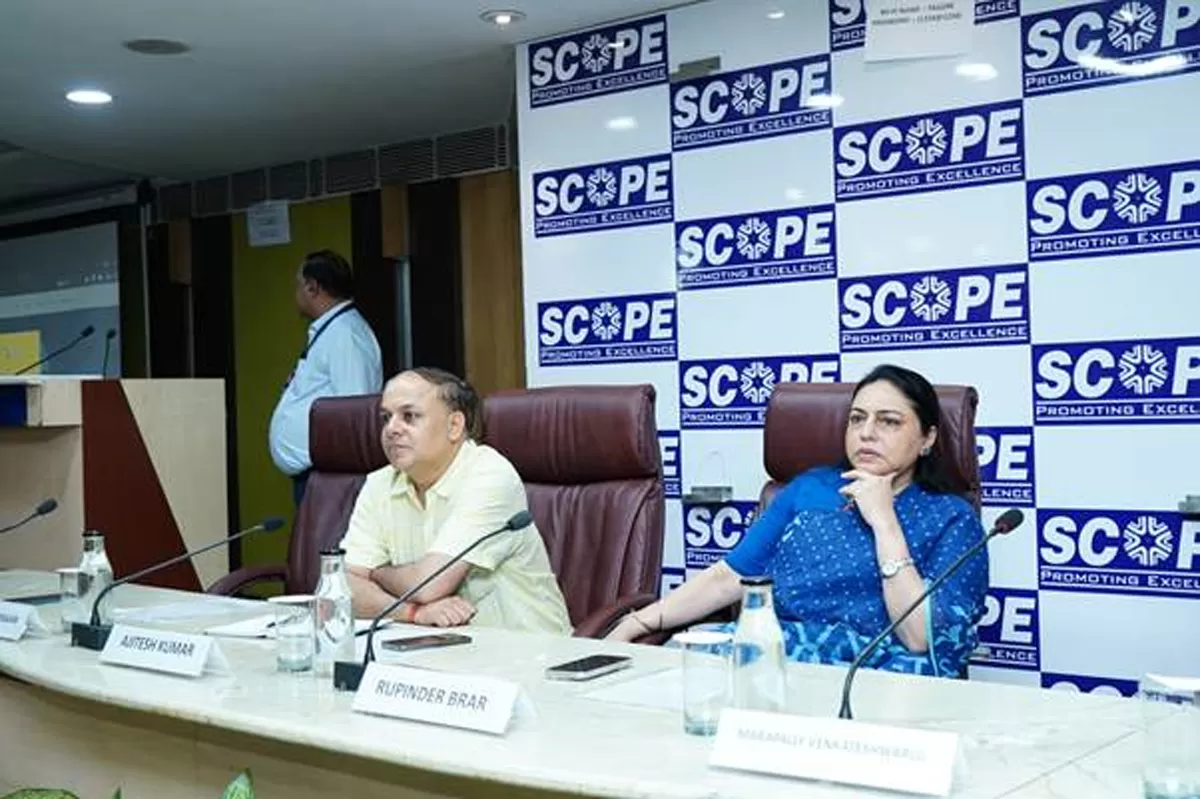
Govt delays approval for six town planning schemes in Pune

Private Sector Builds India’s First Heavy Water Test Facility
In a major stride towards nuclear self-reliance, India’s first privately built test facility for upgrading depleted heavy water has been commissioned by TEMA India Ltd. The facility was inaugurated by Shri Rajesh V, Director – Technical, Nuclear Power Corporation of India Ltd (NPCIL), and Shri K. T. Shenoy, Director, Chemical Engineering Group, BARC. Developed under a technology transfer from BARC and a purchase order from NPCIL, the unit represents a landmark in public-private collaboration and supports the government’s Atma-Nirbhar Bharat initiative.Previously, critical testing for hea..

Coal Ministry Pushes Digital Drive With SWCS Training Session
In a bid to accelerate digital transformation in the coal sector, the Ministry of Coal conducted a hands-on training workshop and interactive session on the Exploration Module of the Single Window Clearance System (SWCS) on 25 July 2025. Held at Tagore Chamber, SCOPE Complex, New Delhi, the session aimed to deepen stakeholders’ understanding of the module’s functionalities and encourage its use for efficient exploration-related submissions and approvals.Ms Rupinder Brar, Additional Secretary and Nominated Authority (AS & NA), chaired the session and stressed the vital role digital plat..

India Enhances Cyber Defences for Critical Infrastructure
The Government of India remains acutely aware of the cyber threats facing the country’s digital and physical infrastructure. Its policies are focused on fostering a safe, trusted, and accountable cyberspace for all users. Several initiatives are being implemented to strengthen cyber security across critical sectors such as power, transport, and banking, ensuring their continuous and secure operation.The Indian Computer Emergency Response Team (CERT-In) and the National Critical Information Infrastructure Protection Centre (NCIIPC) undertake cyber security audits under the Information Technol..



















